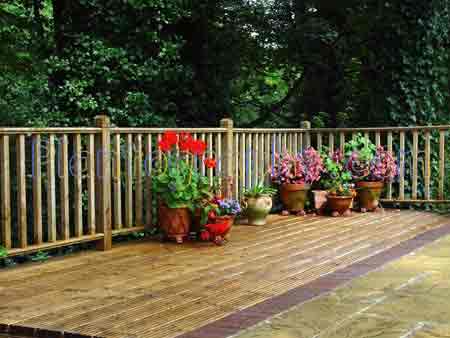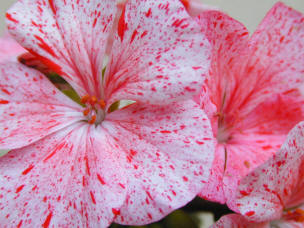Calceolaria | The Slipper or Pouch Flower
Calceolaria plants - slipperworts or pocketbook plants - can be used as garden plants in some instances, though some calceolarias are more popularly grown as short-term flowering houseplants especially for the winter months. The calceolarias used for bedding and houseplants are annuals - propagated from seed.
Calceolarias belong to the plant family of Scrophulariaceae - as do the Foxgloves.
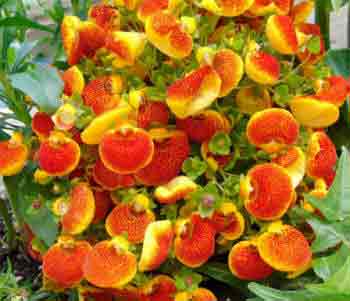
They have attractive, somewhat unusual flowers resembling pouches drooping from the ends of upright stems, with colours varied and often spotted. Newer varieties are normally quite compact, forming a dense mound of foliage and flower. Slipper flowers are increasingly being used as summer bedding plants with a range of bright colours including lemon yellow, orange, bronze, and also with contrasting spots on the flowers.
In spite of their delicate appearance, Calceolarias are quite hardy even to the extent of surviving near-frost temperatures. Native habitat being the cooler shaded areas of plains and open areas in central Americas
Basal cluster of leaves form a dense cover which are almost self mulching.
Where to grow Calceolarias
Generally, calceolarias are happiest in full sun growing in dry conditions when grown as a summer annual bedding plant.
When grown indoors, they should not be situated on a windowsill attracting midday sun.
Very good as container plants allowing space for the ultimate spread. Water regularly and week feeding from time to time through growing season
How to grow Calceolarias
All calceolarias can be grown from seed cuttings are not possible other than for the few specie types.
Sow the fine seeds on the surface of your tray of compost either in early spring to use as summer bedding plants, or late autumn and overwinter in cool not cold glasshouse.
Problems with Calceolaria
Possibility of botrytis grey mould - when grown in poorly ventilated conditions.
Pests - such as aphids either indoors or outdoors whilst whitefly and red spider mites sometimes a problem when grown indoors.
The broad covering of the leaves make a good hiding place for slugs but damage is normally confined to the early part of the growing season.
Best Selling Gardening Products
Popular Gardening Sections
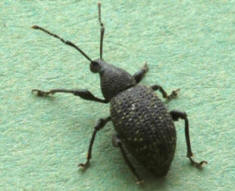
Problems
Identify Weeds in The Garden - How to deal with weeds. Diseases and Pest which harm your garden and plants, learn how to prevent, deter and erradicate your garden problems.
Garden Problems
Pruning
Pruning Guide. Shrubs flower better with correct pruning. Many illustrations and examples of what to do - and when. Includes evergreens, roses, flowering shrubs, spring flowering shrubs and pruning for stem effect. This is our most viewed and comprehensive section,
Pruning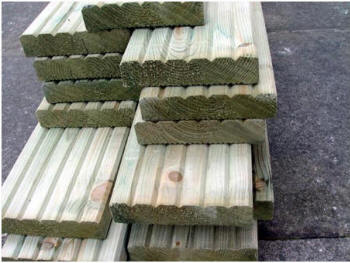
Gardening Businesses
Gardening Businesses listed in the UK counties and USA states. County and State Listings of businesses involved in Garden supplies and services. If you wish to be added to the Directory, please send us your information. Having problems, use the search box
Businesses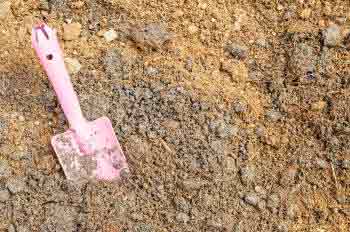
Gardening
In this section you will learn about Gardening Basics, Containers, Landscaping, Propagation and Soil.
Gardening
Gardening Gifts
Gardening Gifts and Reviews, Read Before you Buy
- Gardening Gifts Ideas
- Gifts For Her
- Gifts For Men
- Power Tool Gifts
- Cheap Gifts
- Personalised Gifts
- Wildlife Gifts
- Family Gifts

